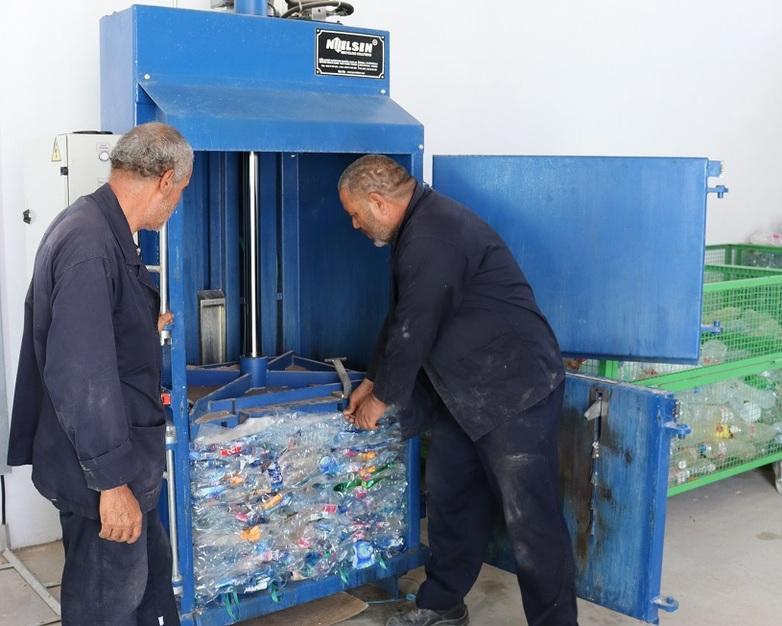Context
Climate change is the greatest challenge facing the global community. In the Maghreb, average temperatures are now 1.5 degrees above pre-industrial levels. The continuous rise in temperature over the past 50 years is leading to water shortages, forest fires, heat islands, flooding and desertification. In cities, the warming caused by climate change is above average. Fast-acting measures are important in order to protect the vulnerable population in particular, such as women, children and the elderly, from the immediate effects of climate change. At the same time, ability to adapt and cities' resilience must be boosted.
Objective
Selected Maghreb cities are better equipped to adapt to climate change.
